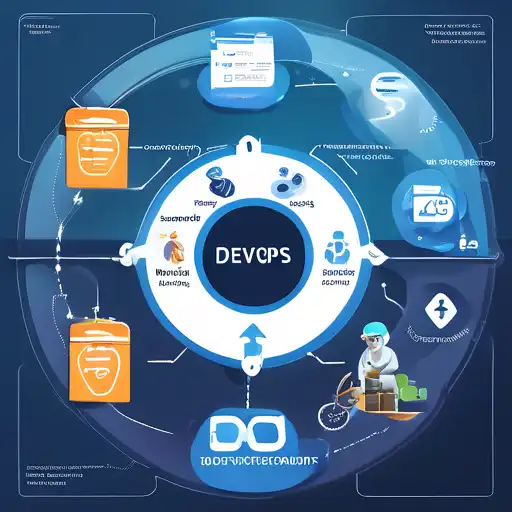Introduction to DevOps in Software Development
DevOps has revolutionized the way software is developed, deployed, and maintained. By bridging the gap between development and operations teams, DevOps practices ensure a smoother, faster, and more efficient software development lifecycle (SDLC). This article explores the pivotal role of DevOps in enhancing the SDLC, focusing on its benefits, key practices, and how it fosters collaboration and innovation.
The Benefits of DevOps in the SDLC
DevOps brings numerous advantages to the software development process, including improved collaboration, faster deployment times, and higher quality products. By integrating DevOps practices, organizations can achieve continuous integration and continuous deployment (CI/CD), leading to more reliable software releases. Additionally, DevOps encourages automation, reducing manual errors and speeding up the development process.
Key DevOps Practices for Improving the SDLC
Several DevOps practices are essential for optimizing the software development lifecycle. These include:
- Continuous Integration and Continuous Deployment (CI/CD): Automates the software release process, enabling frequent and reliable updates.
- Infrastructure as Code (IaC): Manages and provisions infrastructure through code, improving consistency and reducing manual setup errors.
- Monitoring and Logging: Provides real-time insights into application performance, helping teams to quickly identify and resolve issues.
- Collaboration and Communication: Enhances teamwork between development and operations teams, ensuring a unified approach to software development.
How DevOps Fosters Innovation and Efficiency
By automating repetitive tasks and encouraging a culture of continuous improvement, DevOps allows teams to focus on innovation and delivering value to customers. The practice of continuous feedback and iteration leads to better product quality and customer satisfaction. Moreover, DevOps practices like microservices and containerization enable scalable and flexible software architectures, further enhancing the SDLC.
Conclusion
DevOps is not just a set of practices but a culture that transforms the software development lifecycle. By embracing DevOps, organizations can achieve faster delivery times, improved product quality, and a competitive edge in the market. Whether you're a startup or an established enterprise, integrating DevOps into your SDLC can lead to significant improvements in efficiency and innovation.
For more insights into optimizing your development processes, explore our articles on CI/CD pipelines and automation in DevOps.
